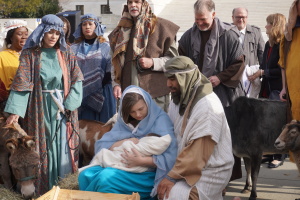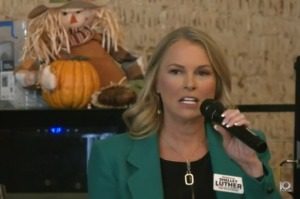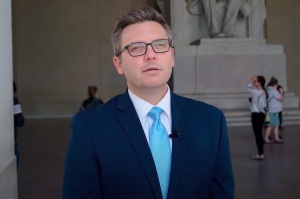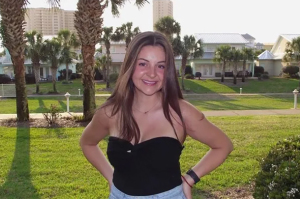Obama 'Missed the Point' Regarding Christian Persecution in Egypt, Says NJ Congressman
In a congressional meeting held Nov. 15, Rep. Chris Smith said President Barack Obama has "missed the point" concerning violence against Coptic Christians in Egypt.
The comment was in reference to a statement released by the White House on Oct. 10, one day after 27 protesters were killed during a peaceful protest against the burning of a Coptic Church in Southern Aswan on Sept. 30.
Many blamed the military for the violence, arguing the military regime and state television created a sectarian society, pitting Christians against Muslims and the military.
Smith, chairman of the Africa and Human Rights subcommittee, argues that Obama downplayed the tragedy.
In his statement, Obama requested "restraint on all sides" of Egyptian society.
"This is not a situation of equal power and equal responsibility for violence. This was not a lawless gang clash on the street, or a mob marauding the streets in the absence of a government," Smith said.
Smith, a Republican representing New Jersey, argues that the Coptic Christians were peacefully protesting the burning of their church, which was allegedly carried out by Muslim extremists.
"When Copts called on the military government to treat the Copts as equal citizens and protect their rights, the government itself turned on them with a massacre," Smith added.
Civilian protests in Egypt continue Tuesday, one day after members of the Civilian Cabinet offered to resign to the ruling military council in the wake of growing protests.
The resignation comes one week before Egypt's parliamentary elections, which are to begin Nov. 28. Christians fear further marginalization with these upcoming elections, which are expected to be Muslim-dominated.
The Egyptian Union for Human Rights recently conducted a poll revealing 67 percent of 40,000 Christians will not vote in the November parliamentary elections.
"The risk is that Islamist parties will gain substantial influence, and political debates ultimately will become debates about the proper interpretation of Shariah [Islamic law], and that's a conversation in which the Copts won't have any part," said Eric Trager, a fellow of the Washington Institute for Near Ear Policy, to The Washington Times.
Recently, parliament contenders have infiltrated Islamic places of worship to preach their electoral message.
"The enforcement of God's law is coming," said Islamic contender Sobhi Saleh in a sermon in Alexandria.
Although Egypt's current ruling military regime promised to step down after upcoming parliamentary elections, they changed their tune in October, saying they will maintain complete power of Egypt’s government until there is a ratification of a new constitution and a formation of a constitutional assembly.
Rep. Smith contended that the military government's "assault on human rights continues."
"Egypt will not reach its democratic goals through the oppression of its minority peoples; democracy does not come with an iron fist," he added.
Christians fear continued military rule could slight any chances of religious freedom in Egypt.
Islamic groups, which remained underground or inactive during the rule of the now ousted president Hosni Mubarak, have become more socially and politically active following the fall of the regime in a Jan. 25 revolution.
The Christian population has already diminished by 95,000 since the wave of uprisings began in February.




























